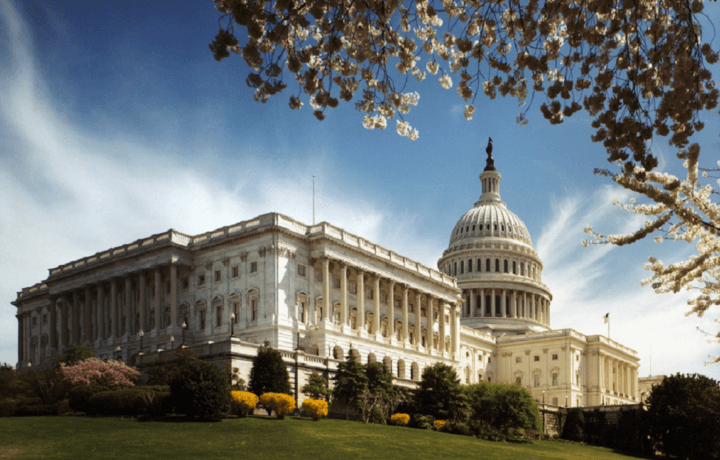Another fiscal year, and we have another possible federal government shutdown. Or maybe it’s another continuing resolution (CR) for the millionth time. It’s a tale as old as time at this point. Every year, Congress appears surprised after August recess that they need to pass a budget. And this year, the debt ceiling is an added piece of the puzzle. So, if you’re new to being a federal employee or contractor, you may be wondering if you’re impacted at all by a government shutdown.
Shutdowns and Your Paycheck
First off, your paycheck is a valid concern – mainly for the federal employee. For the federal government, the paycheck this Friday should be unaffected, as it is paying out for work that was already completed. If the shutdown should last long term, then it typically delays future paychecks. It all depends on the political environment and how long the shutdown lasts. However, contractors are usually unaffected by shutdowns – unless their work requires them to be on site with the government. Then things can get a little bit messier depending on their employer’s policies for overhead or whether or not the contractor can perform any work at home. While the pandemic has been challenging, for many, it has increased their remote work options. So, for the nonessential contractors, a closed facility doesn’t have to mean that work stops.
However, the debt ceiling eventually impacts all of us in the ecosystem. Delayed payments from a government in default doesn’t bode well for the federal employee or contractor. From servicemembers to veterans to contractors, millions could be impacted if this threat is realized.
“It would be disastrous for the American economy, for global financial markets, and for millions of families and workers whose financial security would be jeopardized by delayed payments,” Treasury Secretary Janet Yellen warned lawmakers in a hearing.
Impact of Shutdowns
Unless Congress can pass a CR (or a full budget!), the government is headed for another shutdown. And that decision to not agree impacts the United States in many ways. Ultimately, every time the budget decision is kicked down the road in favor of a CR (which is better than a shutdown because something is better than nothing), federal agencies waste time and resources with constant budget drills, as well as contingency planning. The charade every year makes improving the efficiency of the government to be more challenging and difficult than it already is.
“While our government is managing the immense challenges of the COVID-19 pandemic, the ongoing economic recovery, natural disasters and complex foreign policy challenges, agencies are now forced to plan for and potentially execute a shutdown,” said Max Stier, president and CEO of the Partnership for Public Service. “The work carried out by our government is too important for the regular disruptions and constant uncertainty of the current appropriations process. There is no question: Congress must act to fund the government by Friday. Then, it is essential to pass a legislative fix to prevent the threat of shutdowns from derailing so much important work in the future.”
The Partnership for Public Service compiled a report in 2019 on the effects of the 35-day shutdown, as well as a study in 2015 on the harm that uncertainty in government funding brings about for the U.S. Two key statistics from the reports are:
- Fiscal year 1997 was the last year that all 12 regular appropriations bills to fund the government were completed by the October 1 deadline
- There have been 21 shutdowns of a day or longer since the Carter administration, and dozens more occasions when agencies had to plan for the possibility of one.
The quasi-good news for employees and contractors is that eventually, the standoff typically ends, and everyone shrugs their shoulders and says, “all’s well that ends well.” But every year, we begin the same conversation again – sometimes sweating out the threat of a shutdown more than once during the fiscal year. And back in 2019, 800,000 federal employees went through the shutdown process, which had a ripple effect on the U.S. markets. So, while federal employees may eventually get paid and contractors can somewhat continue on as normal, a shutdown is never beneficial to the public.



